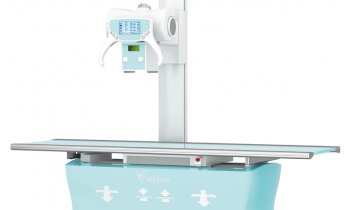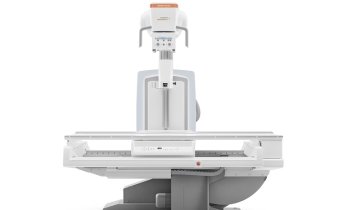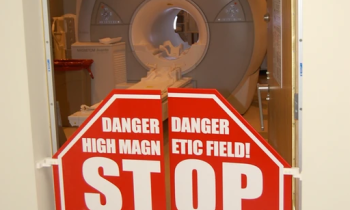NHS cancer care gets massively financed by donations
When it comes to children's cancer care, the National Health Service counts on the concern of others, critics say.
In their opinion the Britisch NHS tries to compense financial deficits by falling back on charity support. This could lead to large inequalities between different disease treatments and to over-reliances on local donations and social work.

A total of 51 charities have been set up specifically to assist children with cancer and 340 charities had made some kind of financial contribution, the University of Bangor team report in the Journal of Child Health Care.Figures from 2003 show that between £25m and £38m (depending on the method of calculation used) of funding for cancer care came from national charities, compared with between £38m and £55m coming from the NHS. Study author, Dr Dyfrig Hughes, said the charity figures could be an underestimate, as they did not include the many hospital and local charities which also provide funding.
One example given in the study was funding for children's cancer nurse specialists by charity CLIC Sargent. Dr James Nicholson, consultant paediatric oncologist at Addenbrookes Hospital in Cambridge, said he was not surprised by the figures as some consultant and many hospital and nurse positions around the country were charity posts. "If all this was provided by core funding it wouldn't be an issue - charity funds should be the icing on the cake," he said. "The absolute basic care around the country probably doesn't vary but the experience for the child and their family varies widely and I worry about how long it will be before that encroaches on treatment of children."
But Professor Sir Alan Craft, head of child health at the University of Newcastle questioned the accuracy of the figures. "There is no doubt that charities were instrumental in establishing paediatric oncology units in their early days. Now there is little charity funding apart from social work. In Newcastle, we have charity funding for social work, partly, and a nursery nurse but the rest of the unit is NHS funded - so here it is certainly less than 5%."
Susan George, CLIC Sargent's lead on community services for children and young people with cancer said they fund over 60 medical and clinical posts within the NHS. The charity, who also provide 150 social workers for children with cancer is currently carrying out a review with the Department of Health over provision of community support for young cancer patients. A spokesperson for the Department of Health said cancer care for children has improved significantly in the last 10 years due to investment and reform with 75% of children successfully treated compared with 25% in the 1960s: "In February, Care Services Minister, Ivan Lewis launched a £20m investment to improve palliative care services for the thousands of children with life-limiting or life-threatening conditions such as childhood cancers."
27.06.2008











